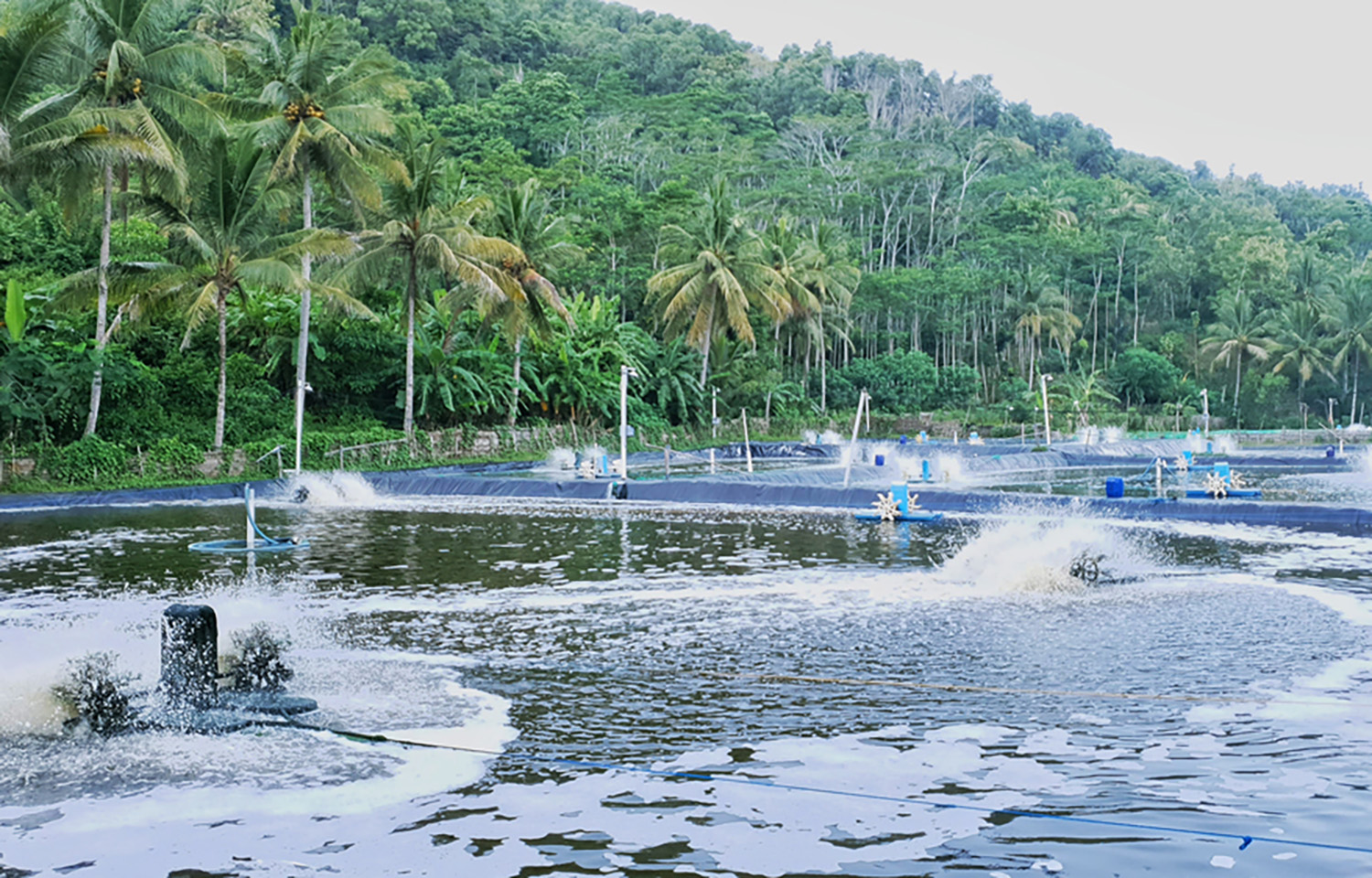Indonesian shrimp companies are beginning to feel the impacts of a recently imposed U.S. antidumping duty, leaving exporters in the country scrambling to drum up sales and reduce costs elsewhere.
The U.S. Department of Commerce (DOC) launched an investigation in November 2023 following trade petitions filed by the American Shrimp Processors Association (ASPA) that claimed imported shrimp was receiving an unfair advantage in the U.S. marketplace. The investigations targeted Indian and Vietnamese companies with countervailing duties and Ecuadorian and Indonesian companies with both countervailing and antidumping duties.
Through the investigation, the DOC preliminarily determined that the subsidies Indonesia's shrimp industry was receiving were insufficient to warrant countervailing duties, but found that the sector was subject to a 6.3 percent antidumping margin.
Indonesia Fishery Producers Processing and Marketing Association (AP5I) Chairman Budhi Wibowo told SeafoodSource that the antidumping tariff could potentially lead to financial losses and, subsequently, reduced employment in the labor-intensive sector.
“Indonesia stands as one of the world's foremost shrimp producers, yet the entire industry faces a significant threat,” Wibowo said. “I believe that on top of not getting subsidies from our government, our shrimp sector is not [engaged in] price dumping in the U.S. market. I trust that considering these arguments will offer fresh insights as we anticipate the final determination.”
Siam Canadian Indonesia General Manager Cicilia Darmali also said the U.S.’s antidumping duty is hitting the Indonesian shrimp industry hard.
Local packers subject to the antidumping duty now find it difficult to sell products to the U.S. due to the imposed margins, according to Darmali, and are grappling with uncompetitive prices and challenges in generating sales.
Therefore, the packers have been forced to reduce raw material prices, but the process to do so has been slow, possibly exacerbated by limited supply.
“We hope our supply situation will be better by August or September. If raw material prices can go lower, we can be competitive again,” Darmali said.
Indonesia's Ministry of Marine Affairs and Fisheries (KKP) is working closely with the country’s Ministry of Trade, the Coordinating Ministry for Maritime Affairs and Investment, and the shrimp industry to streamline shrimp exports to the U.S. despite the difficulties.
The ministry has also engaged with the Indonesian Embassy in Washington D.C. to ensure effective communication with U.S. authorities and advocate against the preliminary determination of the dumping margin on Indonesian frozen shrimp, the Jakarta Globe reported 18 June.
"We are continuously taking necessary steps to address the U.S. authorities' allegations against Indonesian shrimp," KKP Director General of Competitiveness of Marine and Fisheries Products Budi Sulistiyo said.
While it is continuing to work with U.S. authorities, the Indonesian shrimp industry is also looking toward other export markets, including China, Japan, Australia, and South Korea to counterbalance the effects of the U.S. duty.
Indonesian Marine Affairs and Fisheries Minister Sakti Wahyu Trenggono said the country has established a goal to gain ground in global market share for products including shrimp, lobster, crab, seaweed, and tilapia between 2025 and 2030.
However, Indonesia has faced challenges in diversifying its markets for both raw vannamei and value-added products, with ...








